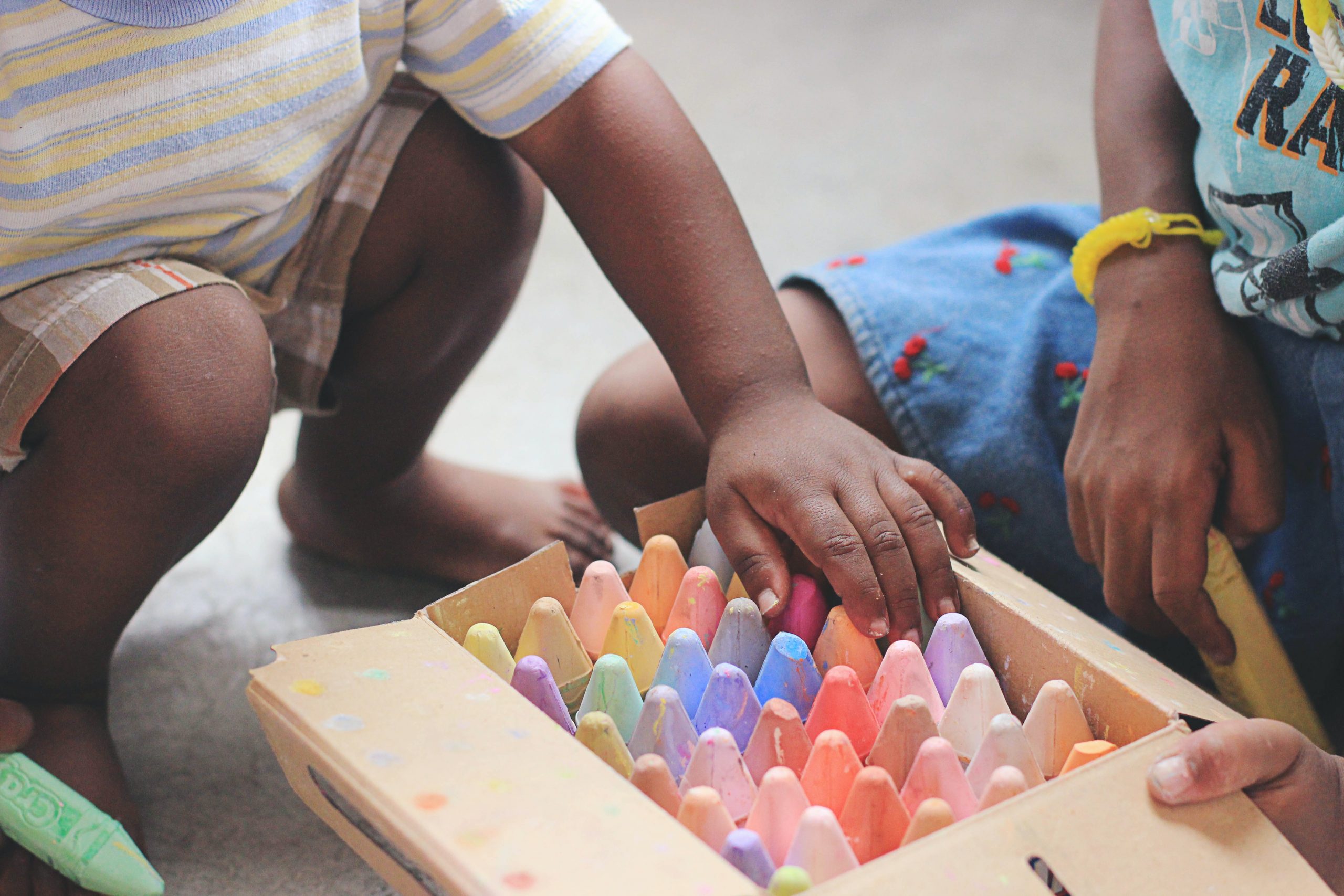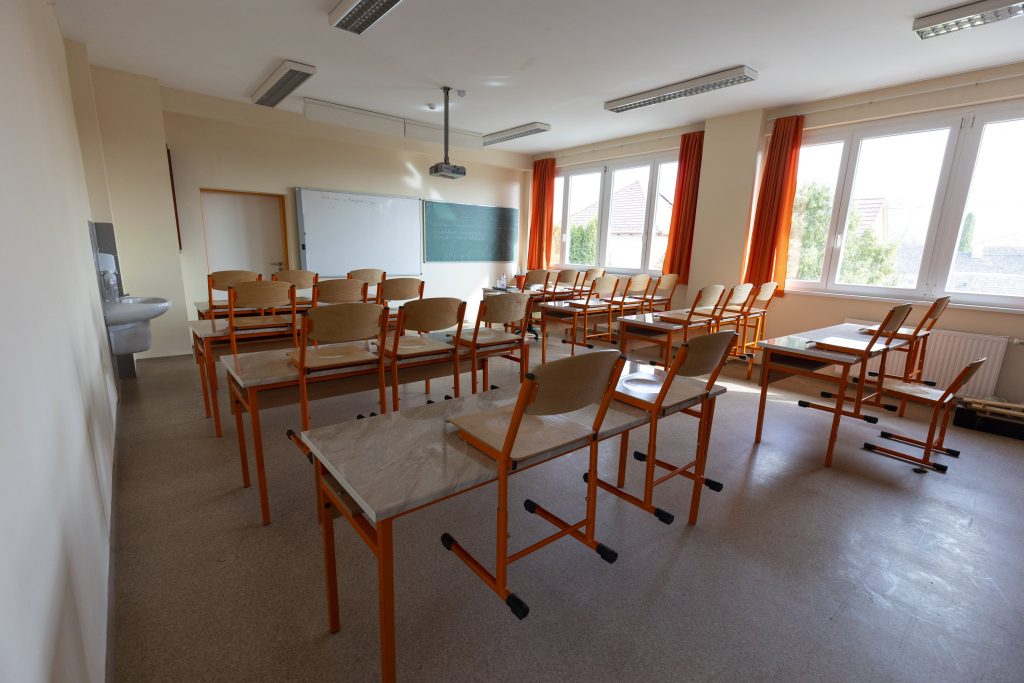The https://english.atlatszo.hu use cookies to track and profile customers such as action tags and pixel tracking on our website to assist our marketing. On our website we use technical, analytical, marketing and preference cookies. These are necessary for our site to work properly and to give us inforamation about how our site is used. See Cookies Policy
Missing knowledge, non-existent registration – sex education in the shadow of the new Hungarian Child Protection Act
The topic of sex education has come up often in the past year in Hungary, but the focus in the mainly political discourse has been more on who can talk to children about sexuality, the quality of the education irself has been much less discussed. In this article, we look at the content, boundaries and details of sex education in the current education system, with a particular focus on the impact of the Child Protection Act of last June.
Almost always, the first question that arises when it comes to sex education is whose responsibility it is: the school’s or the parents’. The current Hungarian government’s position is that it is up to parents how and when they inform their children about sexuality. Related to this, a law was passed last June that only allows registered NGOs to give lectures in schools.

„The new Hungarian law only clearly states that the decision on the sexual education of children can only be taken by the parents. Education in schools must not be in conflict with the will of the parents, it must be supplementary at most, its form and content must be precisely defined and it must be subject to the parents’ consent” – Viktor Orbán stated in his article published last year.
Despite this statement, several national and international NGOs expressed their concerns concerning the new law, because it basically banned the promotion and representation of sexual minorities. According to Eurochild, the „new Hungarian legislation not only fails to protect children, it puts them at greater risk of harm”. In their view, the „protection of children should not be used as a pretence to discriminate, stigmatise or curtail children’s access to their human rights.”
Although the government only allows NGOs listed in the register to provide sex education in schools, the register has not been set up since then. The register, which is included in the law, would divide NGOs that spoke or would speak about sexuality to under-18s into two groups. One group would be entitled to hold sex education classes in schools, the other would not. Which group an organisation belongs to would be determined after registration.
Hungary’s new anti-LGBT law is mostly about the upcoming elections
On 10 June, a new amendment was submitted to the long awaited child abuse law by MPs of the Prime Minister’s party in Hungary which basically banned the „promotion and representation of sexual minorities.” The recent changes have caused both national and international outcry.
Many students dissatisfied with sex education at school
Átlátszó Oktatás has conducted a survey on the situation of school education in Hungary. The anonymous questionnaire received 103 responses.
The responses on the timing of sex education in primary school were quite mixed: of the 71 responses, the highest number of respondents said that they had received sex education in the sixth grade (22.5%), 23.9% in the seventh grade and 23.9% in the eighth grade, but 5.6% of respondents said that they had received sex education for several years. However, only 3.5% of respondents had heard about sexuality for the first time in a school class, most of them (81.2%) having got their information from friends, the internet or television. Parental education at home is not very common either, with only 15.3% of respondents saying that their parents had informed them.
The most common form of information given at school (43.5%) was by a school doctor or a nurse, followed (32.9%) by NGOs that have since been excluded from schools, and then by teachers (20%).
Assessing the quality of the information provided is not so simple. Respondents were also asked to rate on a scale of 10 (1 = not at all, 10 = maximum) how thorough and comprehensive they felt the presentation on the topic was.
Only 57.6 per cent said that they had been given the opportunity to ask questions freely during the presentations and that their questions had been answered adequately.

Several studies highlight the lack of knowledge about sexuality among teenagers (photo: unsplash.com)
Tension is increasingly felt
The Child Rights NGO Coalition on the Rights of the Child has conducted a survey on how the new law has affected the work of child protection organisations.
From the responses received, it is clear that there is a sense of tension in schools, as well as a lack of knowledge and a feeling that children are being left on their own when it comes to sexuality.
„These trends not only have a detrimental impact on NGOs, but also create extreme barriers to effective child protection and make it very difficult for children to dare to ask for help”- the survey concludes.
The education themed column of Atlatszo, Atlatszo Oktatas contacted several relevant organisations on the subject, including Women for Women Together Against Violence (NANE) and Patent Association. Both organisations have previously held school or other sessions for students. They should also register in the „register” mentioned earlier – if it existed. We asked the two associations whether they were aware of the register being set up, and also asked whether they were currently running any sessions for pupils, including in schools.
„We have no official information about the registry. What we have heard from social media is that in response to an individual request (unrelated to us), is that they are waiting for the result of the referendum to draft a regulation that will regulate the register. In addition, informally, we have received feedback from teachers and other organisations who also hold school sessions that some heads of institutions have received a list of some kind, on the basis of which they can invite external experts and organisations, but we have never seen this list and are not aware of its content.”
„It is also interesting to note that, although the law does not prohibit school staff from dealing with these issues in schools, we have heard of several institutions where school psychologists and school social workers have been literally banned from all sex-related activities.”
Because of all this, their position is that, as there is no publicly available registration system, nor is there a way of getting on it, the law is not enforceable.
„If a school or teacher calls us because they think it is important for children to attend a violence prevention and sex education session, we will not deny them the session” – they added.

Experts believe too early sex education has fewer disadvantages than delayed communication (source: unsplash.com)
Interior Ministry does not respond, Deputy PM talks about successful law
The creation and maintenance of the register has been entrusted to the Ministry of the Interior, to whom we have sent the following questions:
- When does the Ministry of Interior or its associated Ministry of Education plan to establish the registry?
- What is the reason why this register has not been created since the law came into force in 2021?
However, we have not received a reply to our questions by the time of publication of this article.
At the same time, Deputy Prime Minister Zsolt Semjén told Telex a few days ago that the Child Protection Act only says that „LGBTQ propaganda is not allowed in kindergartens and schools”.
The deputy prime minister was right, as there is no register of banned organisations, so neither he nor the organisations concerned really know who is allowed into schools.
As things stand, sex education is fundamentally lacking, and school curricula do not cover the details that NGOs would be concerned with. However, the NGOs are helpless: either they do not comply with the law and give lectures in schools, or they comply and are not allowed to register, which is compulsory under the law. Schools, on the other hand, would invite the organisations in vain, fearing that they are acting irregularly. However, the impact of this confusing legislation is felt most strongly by students, who are not fully informed about issues and problems they may face in their personal lives.
Translated by Zita Szopkó. The original, more detailed Hungarian version of this story was written by Gerda Kántor-Újvári, and can be found here.

